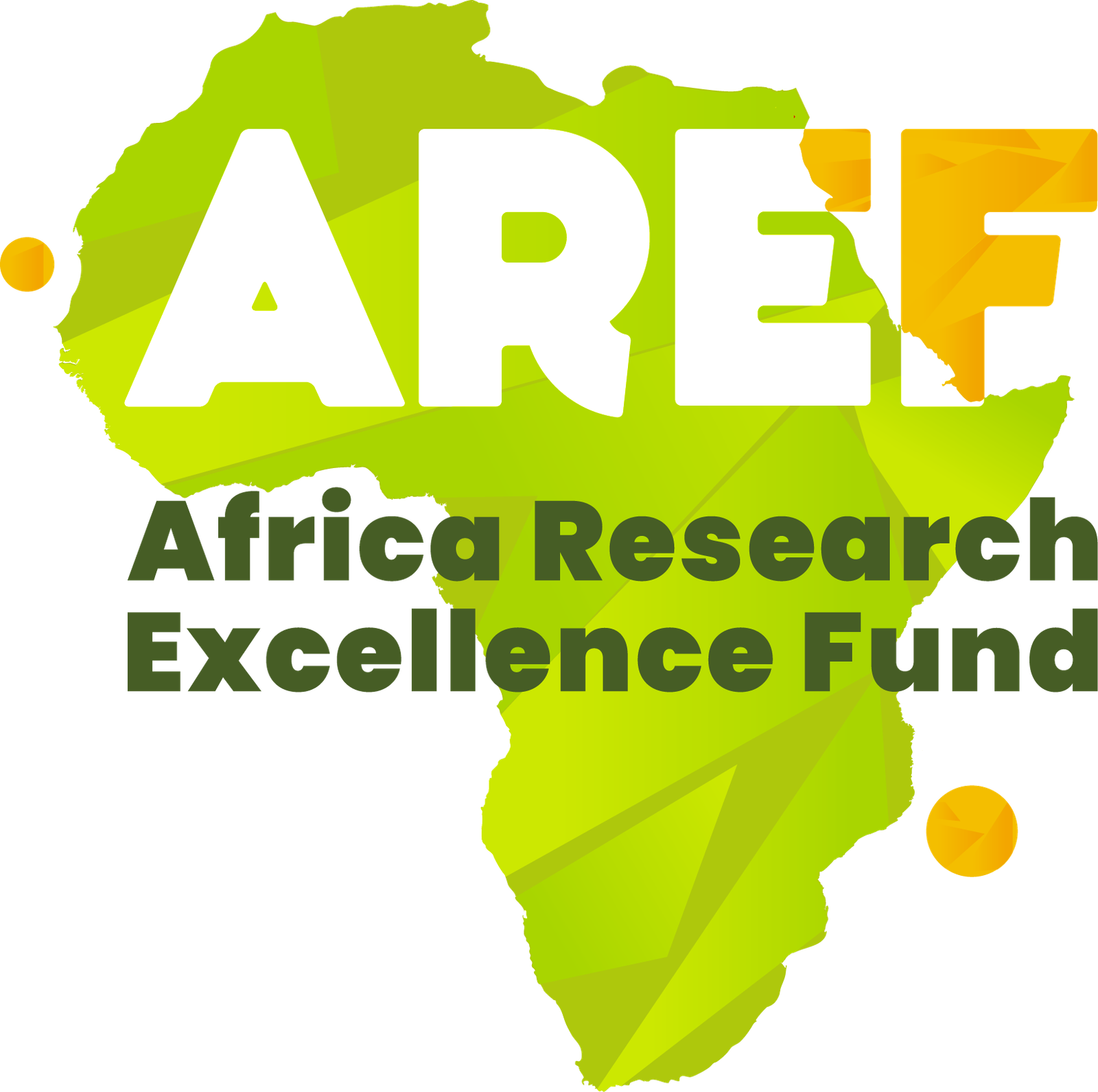Dr Oluwafemi Akande is a Senior Lecturer at the Department of Architecture, Federal University of Technology, Minna, Nigeria.
He began his career in a field far removed from global health research. But by combining his knowledge of building design with his interest in public health, he’s hoping to realise his passion of improving people’s wellbeing.
I began my career as a student of architecture. But when I finished my studies, a lecturer mentioned to me about a potential career in research and this is what first sparked my interest.
Hoping to pursue this path, I started attending all the lectures I could, looking for gaps in knowledge and thinking of topics that I could develop into a research proposal. This is where I first identified a relationship between our built environment – the buildings where people work and live – and wellbeing.
I became intrigued by outbreaks of infectious diseases, for instance the meningitis outbreaks in my home country of Nigeria. I was interested to find out if there were any links between the spread of contagious diseases and the design of peoples’ homes. Most Nigerian buildings are based on the design of buildings in developed countries, without adapting them to the needs of an African country. For example, few people in Nigeria can afford air conditioning but many windows are not designed with this in mind, –therefore they don’t let in very much air. The result is over-heated homes with poor levels of natural ventilation.
Poor ventilation and low air quality could be contributing to respiratory problems and infectious diseases spreading more rapidly. Plus, because homes are so hot, people often sleep outside exposing themselves to disease spread by insects, like malaria. And they don’t sleep well, which is further detrimental to wellbeing.
My research is focused on understanding the links between building design and infectious diseases, and finding out how health could be improved by new approaches to architecture. After presenting some early findings at a conference in London, I won a PhD studentship through a competitive selection process from Anglia Ruskin University in the UK.
My PhD was more focused on the energy efficiency of buildings – I was looking into how listed churches that are being refurbished could be made warmer and their energy performance improved without changing the architecture. During my PhD, I saw the potential to learn the techniques I needed to pursue the research I wanted to carry out in Africa. So when I returned to Nigeria, I was committed to staying in Africa and using my new knowledge to follow my passion to improve health.
That’s why I was so excited when I saw the Africa Research Excellence Fund (AREF) opportunity of a fellowship. I applied for an AREF Research Development Fellowship in 2016 and got in contact with Professor Catherine Noakes at the University of Leeds.
Catherine’s research matches mine exactly. She’s an engineer with expertise in ventilation, airborne infection risk and engineering methods of control. Catherine uses bioaerosol experiments (using biological airborne particles) and computational modelling to assess risk and design new engineering solutions.
Thanks to the fellowship from AREF, I’ve spent nine months in Leeds working with Catherine. I’ve learned a whole range of new techniques – experimental and modelling-based – to study airborne pathogens, indoor airflows and engineering solutions for controlling airborne disease transmission. I’m learning how to take a combined approach, with social scientists and environmental engineering researchers, to solve critical health problems that transcend the boundary of epidemiology and medicine.
My day to day activities consist of going out to observe practical problems in the built environment. I make use of every opportunity to visit buildings – for private, social or academic purposes! I also look out for factors that make a building healthy, comfortable and less expensive to own and live in. I then look at how to find the most practical and economical solutions to solve the problems.
The biggest challenge I’ve faced has been finding research funders interested in my research focus area. My philosophy has always been to confront this challenge as a critical, reflective researcher by constantly evaluating, improving and updating my research approach.
The skills I consider to be most valuable are having a tenacious capacity to hold onto pursuing your passion. It’s also important to be able to move on in the face of seemingly impossible circumstances. Don’t be intimidated by venturing into uncommon areas of research related to your field. I’ve had to overcome people’s perception that my research focus is not feasible from my professional background.
Identify suitable and willing mentors and carefully consider every piece of their advice. Learning is continuous and sometimes a challenging and humbling process. Be willing to learn new things and push beyond boundaries. Be flexible and see challenges as opportunities in disguise.
I’m passionate about using my experiences to inspire more junior scientists to stay in research. By helping the next generation and passing on tips and advice, the work AREF does can reach even more talented researchers.
Ultimately, working together is how we’ll build capacity in African health research, and be able to improve healthcare and save lives across the continent.


